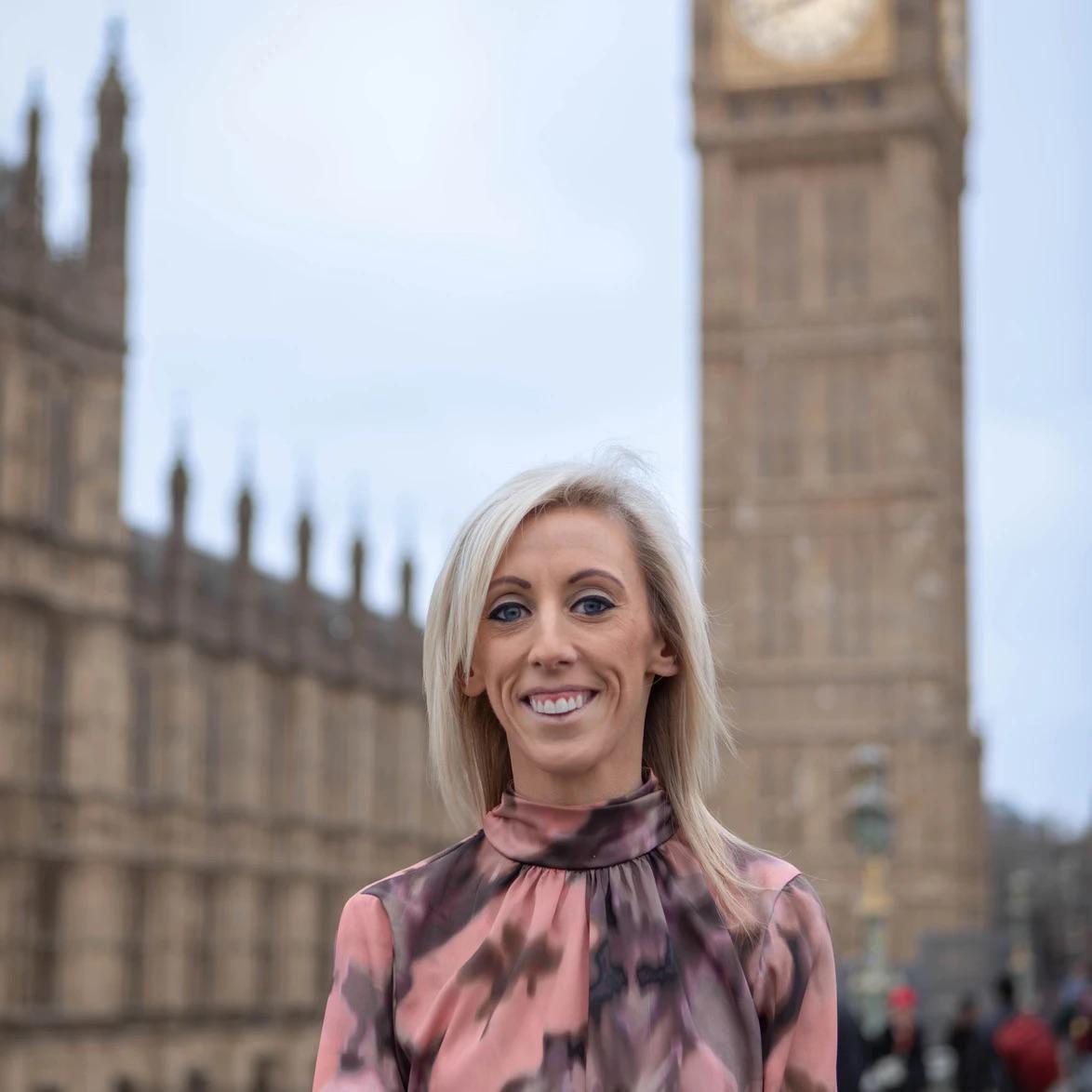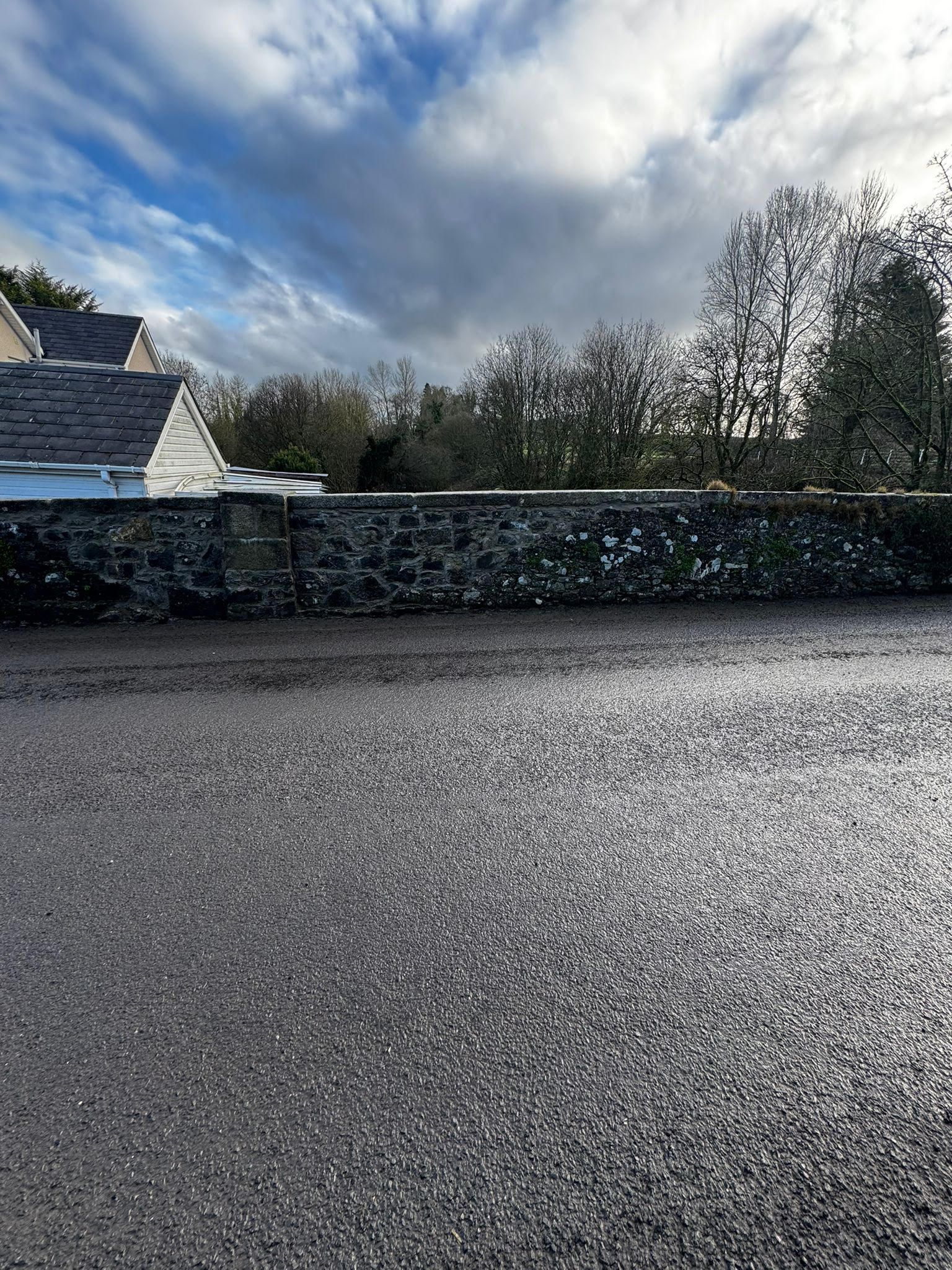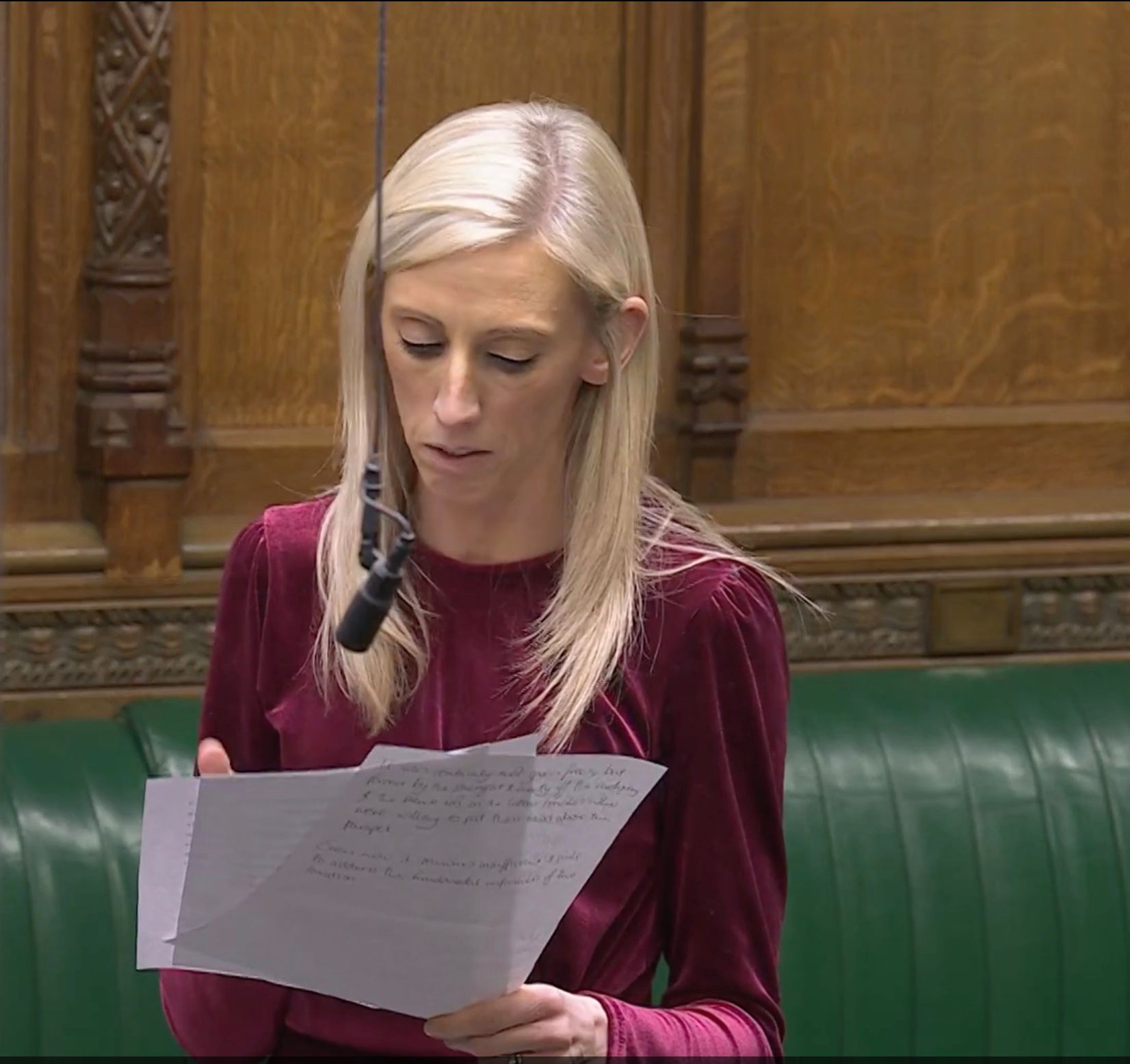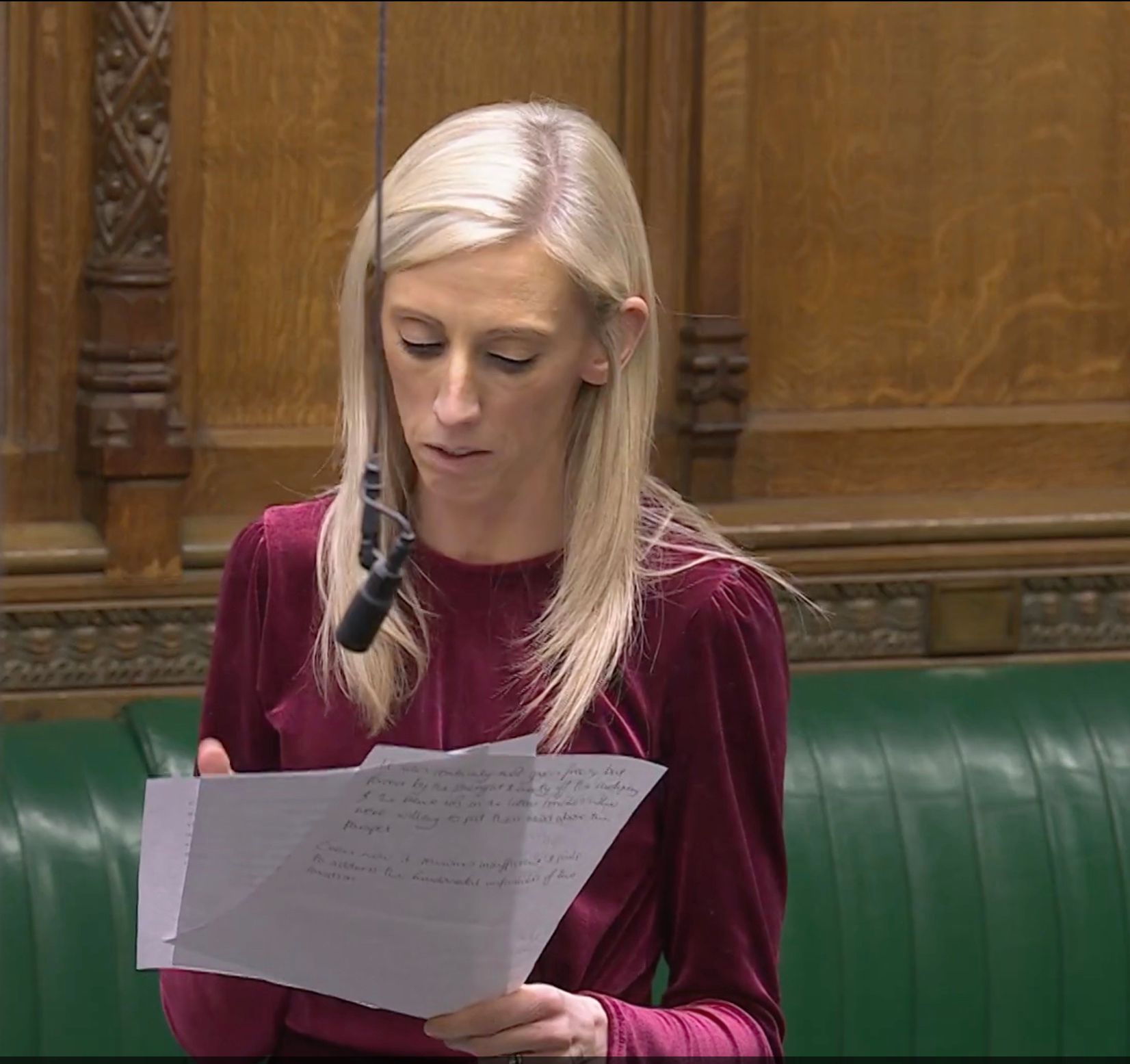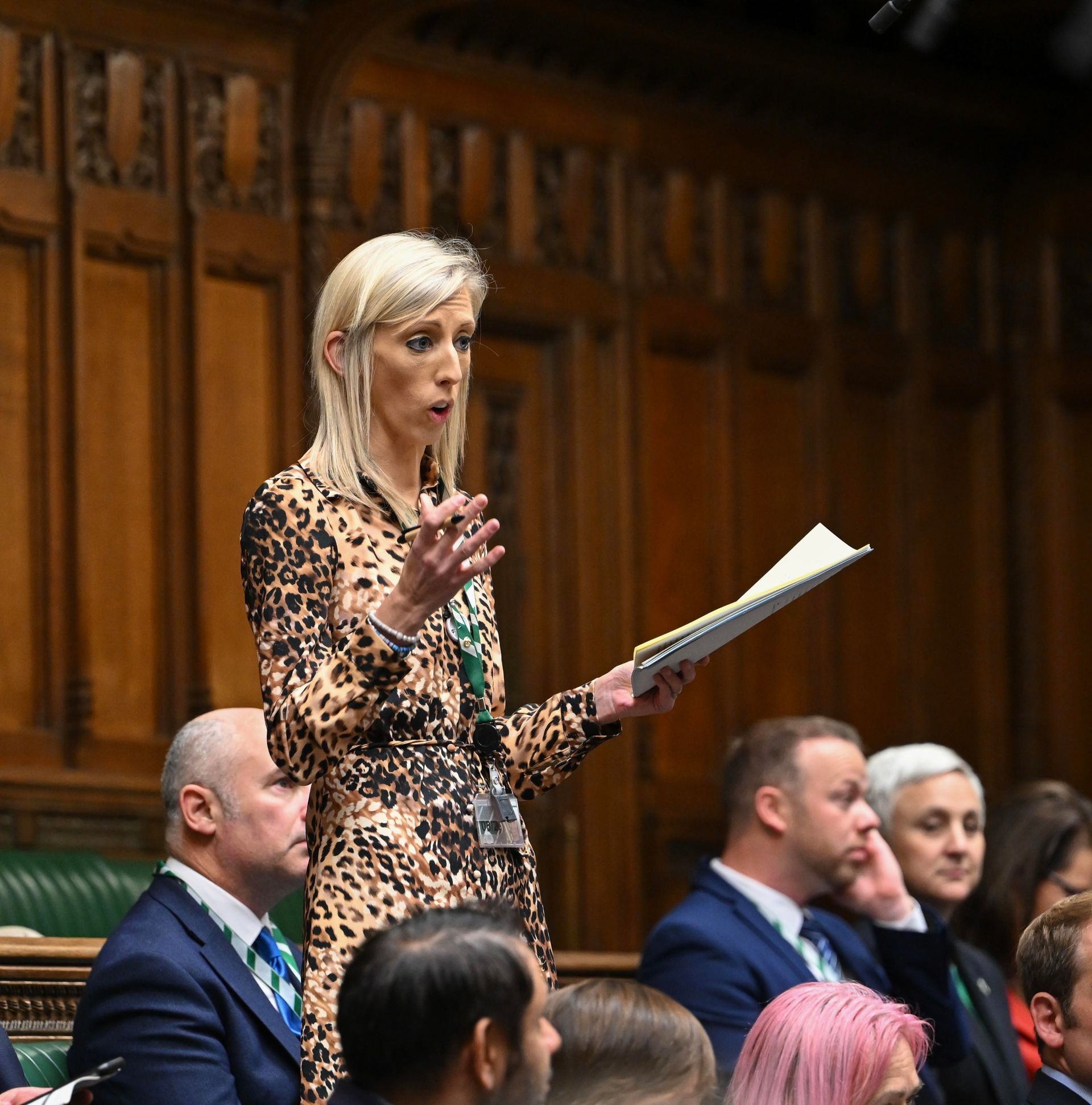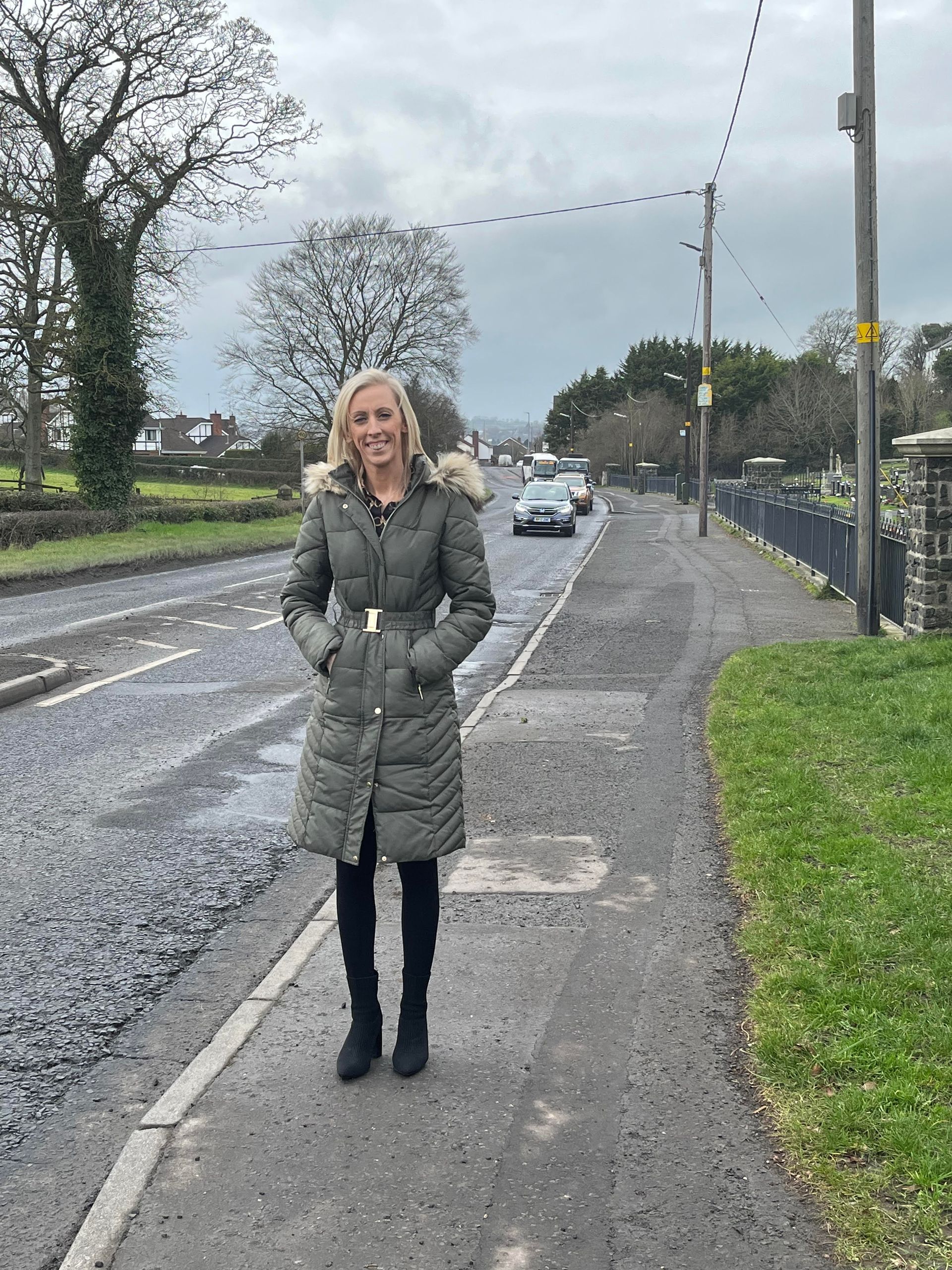Stark realities of NAP and IHT on agenda at DUP agri-food breakfast
The government’s pending changes to inheritance tax and concerns about the Nutrients Action Programme were topical items on the agenda for delegates attending the DUP’s recent pre-conference agri-food breakfast.

Party officer and Westminster Agriculture, Environment and Rural Affairs spokesperson Carla Lockhart MP welcomed industry stakeholders and representatives from across the province’s agri-food sector.
She said: “The DUP continues to champion agriculture in Northern Ireland. Our agri-food sector is a key player in the local economy, providing tens of thousands of jobs and producing high quality, fully traceable and nutritious food to feed the nation. Many of our local businesses and artisan producers are also flying the flag for Northern Ireland on the global stage.
Guest speaker Jason Rankin, strategy manager at AgriSearch, outlined the remit of the farmer levy-funded research and innovation body, including its flagship GrassCheck project.
“AgriSearch has been involved in a number of water-related projects, and we want to be part of the solution in finding ways to improve the quality of our waterways.
“It is important to note that NAP won’t solve Lough Neagh’s issues. The reasons for the algal blooms are complicated and varied. There are a number of interlinking issues, including zebra mussels and a one degree increase in water temperature which has led to the water being three times clearer than in recent years.”
AgriSearch launched a NAP farm impact calculator and were co-founders of an interim economic impact assessment report, which revealed that implementing DAERA’s proposed 8kgs phosphorus per hectare threshold and expanded buffer strips on arable land, would have severe economic consequences for the province’s agri-food supply chain. The figure estimates losses of more than £1.56 billion per annum.
Upper Bann MP Carla Lockhart described the report’s findings as stark. “It’s not surprising that Minister Muir’s NAP proposals caused an unprecedented uproar. The current NAP proposals will threaten farm resilience and supply chain viability. Farmers are already under financial strain, but the measures outlined in NAP will destabilise the agri-food sector, rural communities and generations of farm businesses.”
Jason Rankin highlighted that DAERA’s figures demonstrate a growing disconnect from phosphorus balances on-farm. He said: “NI’s overall P balance has reduced considerably, 29% in the last five years, while at the same time the soluble reactive P in our rivers has increased by 55%.
“Is agriculture really to blame? The data suggests that non agri-sources of phosphorus are increasing and off-setting the progress which has been proven within the province’s agricultural sector.”
Mr Rankin forecast significant economic disruption as the result of a reduction in livestock and increased competition for land. Concluding he said: “NAP in its current format will have a devasting impact and its difficult to see how sectors such as pigs could keep going.
“Everyone has a role to play, and the agri-food sector wants to work collectively to improve water quality in Northern Ireland. This is a complex problem which will require a long-term endeavour. Industry and science will have the answers, many of which will require planning consent.”
Gareth Gibson, chairman, NI Rural Valuers’ Association (NIRVA), outlined the Chancellor’s proposed inheritance tax changes to APR and BRP relief, saying they will have a significant impact on farmers in Northern Ireland, compared to other parts of the UK.
Mr Gibson said: “Since the inheritance tax proposals were announced almost twelve months ago, it has been clear that the government’s official figures are inaccurate, severely under-estimating the number of farms that will be impacted. The realistic figure is five times more than the treasury estimates.
“The changes extend much wider than farming. The introduction of a 20% tax on qualifying assets in excess of £1m will apply to all individual owners of private businesses, including hauliers, small professional practices, garden centre, coffee shops etc.
“Farming has reacted in opposition to the changes, but it doesn’t seem to have registered with other small businesses within our economy. The changes will be introduced in April 2026, with unused pension pots included in the calculation from April 2027.”
Gareth Gibson outlined that unproductive outgoings such as paying a tax bill over a 10-year period would be seen as a fixed cost, compared the cost of an employee who would contribute to the business. He gave a scenario whereby a 100-cow dairy farm in sole ownership would incur tax liabilities of £457,800 – payable at £45,780 per annum. That equates to an extra cost of £8.32 per hour worked in the business, or requires the income from a 41% increase in the herd.
Carla Lockhart thanked the speakers for their presentations saying: “The reality of incoming government policies is alarming, but myself and DUP colleagues will continue to fight and speak up on behalf of our constituents and the wider economy in Northern Ireland. Our door is always open.”

